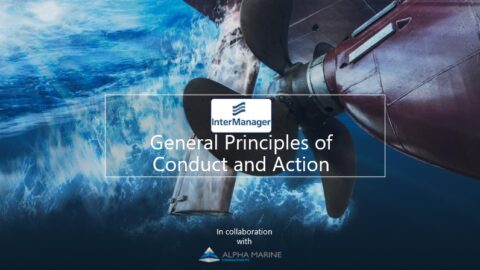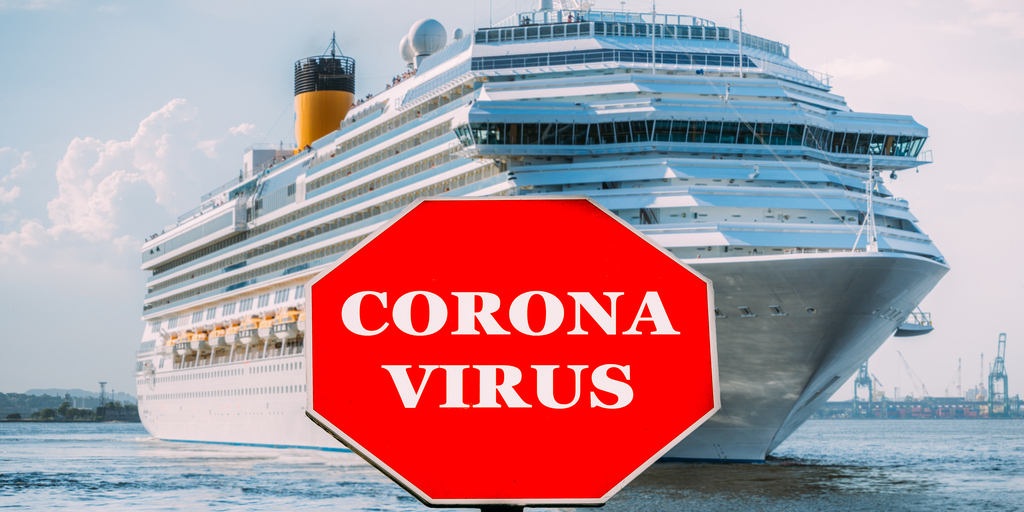Pirates holding six crew kidnapped from service vessel Armada Tuah 101 are demanding Naira200m ($1.3m) for the men’s release.
One Russian, three Ukrainian and two Indian seafarers were taken on Sunday, when pirates attacked their Malaysia-flag vessel some 60 miles southwest of Brass, Niger Delta, on Sunday.
The vessel is owned by Nigeria-based oil servicing company Century Group. The company has not yet responded to calls for comment.
However, Bayelsa police spokesman Fidelis Odunna confirmed the ransom demand, Reuters has reported.
The vessel has no P&I club recorded on Lloyd’s List Intelligence’s database.
“One of the kidnappers called to demand the sum of Naira200m. Efforts are in progress to arrest the kidnappers,” Mr Odunna told Reuters.
He said the gunmen left nine Nigerian crew on board the ship.
AKE analyst Rory Lamrock said unlike ransom demands for vessels hijacked off Somalia, which are well documented, demands for Nigerian offshore kidnaps are rarely publicised. Only two have been reported openly in recent months.
“However, as word spreads among Niger Delta communities that marine [kidnap and ransom] can be a lucrative source of criminal revenue, kidnappings will inevitably increase,” he said.
“There is also a sense that Nigerian security resources are being focused on combating the Islamist threat in the country’s north, so naval and coastguard capacity is suffering despite an increase in offshore attacks over the past few months.”
Although the West African ransom demands are lower than those made by Somali pirates, Mr Lamrock said market values of refined fuel products recently stolen from hijacked tankers across the Gulf of Guinea equate to $3m-$5m.
“That is directly comparable to some Somali ransom settlements, but can be attained within a matter of days by selling stolen fuel on the region’s black markets rather than waiting for months on end for a ransom settlement. Its a far more efficient criminal business model.”
Dryad Maritime said although kidnapping remains lucrative, payment of ransom demands receives scant media attention.
“The continued payment of ransoms and the profits generated will encourage criminals to continue this type of crime,” it said.
“The recent rise in the number of in incidents recorded offshore Niger Delta represents a significant escalation from the kidnap threat, especially in comparison to 2011-2012 figures from the same time period.”
Dryad said little evidence had emerged to suggest that the Nigerian Navy is tackling the recent escalation in Niger Delta attacks.
“Criminal groups will likely continue to operate with impunity,” it said. “Mariners should also be aware that the employment of locally sourced armed guards aboard a vessel does not guarantee safety with criminals determined in their attacks.”
If onshore kidnappings increase, this too will have ramifications for the insurance market. The situation in West Africa is very different to that in the Gulf of Aden.
Gray Page analyst Freddie Tyler said suggestions that activity in the Gulf of Guinea will evolve similarly to Somali kidnappings or hijacks for ransom ignored fundamental differences of context.
“Maritime crime, including kidnap, off Nigeria is part of a wider, established network of criminality, including smuggling, fuel theft and corruption,” he said.
Maritime criminals have used and evolved infrastructure and skills developed by militant groups, including kidnap and ransom, that created procedures and resources for holding hostages and a market for selling captives to other parties.
Mr Tyler said West African kidnap for ransom was also thriving onshore.
“Conveniently, many of these kidnap networks are based in the Niger Delta state of Bayelsa, from where many offshore organised criminal networks also operate, and a traditional home of Niger Delta militants.
“The Nigerian kidnap for ransom model is therefore different: victims are held for shorter periods of time and released for smaller ransoms accompanied by far less publicity.”



